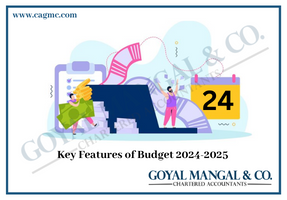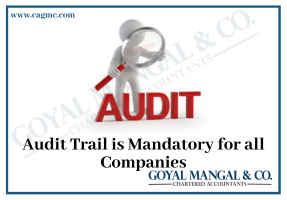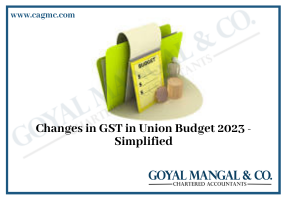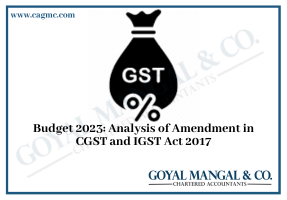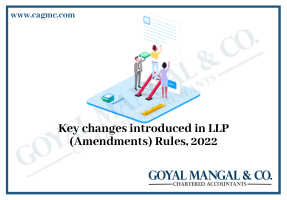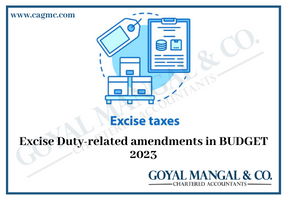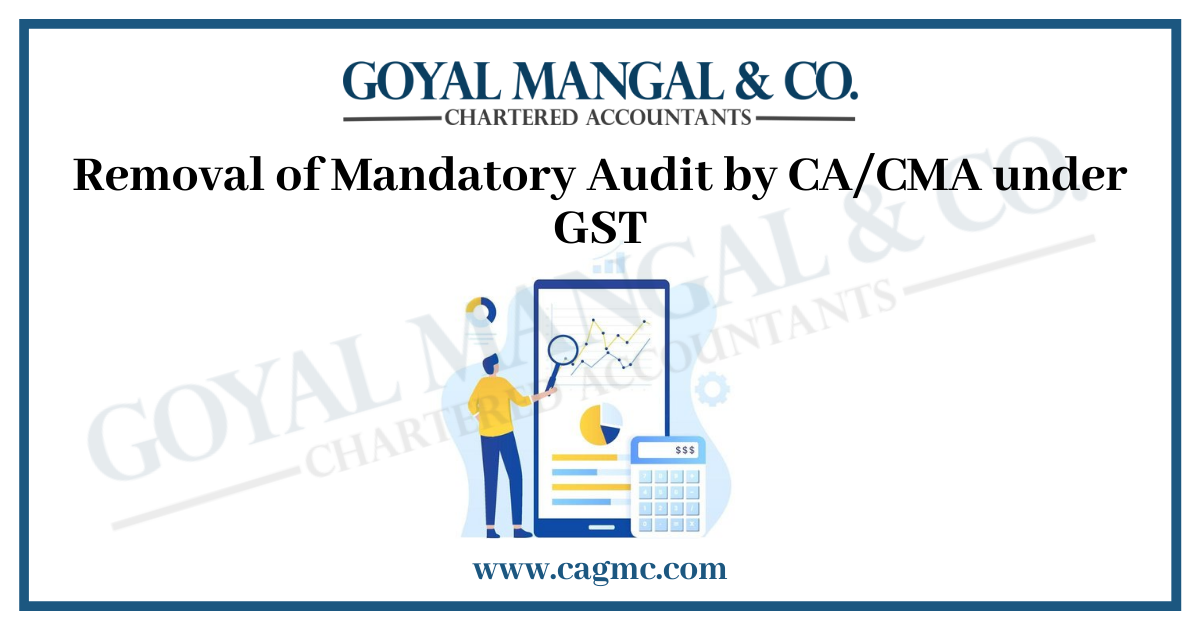
From August 1st, 2021, CBIC implemented the removal of the mandatory audit by CA CMA under GST. After the amendment taxpayers in India don’t need their GST audit by CA or CMA. In addition to this, they don’t need to submit the audited version of the reconciliation statement in Form GSTR-9C.
In this article, we will deal with the Removal of mandatory audit by CA CMA under GST and the recent amendments regarding this.
|
Table of Contents |
What is an audit under the GST regime?
GST is a trust-based mechanism, wherein an individual self-assess his tax liabilities and files taxes. When we talk about audit under GST, it is the examination of all the records and documents of a taxable person. It helps in ensuring the submission of correct information of turnover, refunds, and input tax credits. It also aids the authorities to assess whether the taxpayer is compliant with the provisions of GST. And it keeps a check on the measures undertaken by the government for the proper implementation of tax laws in India. To put it simply, a GST audit is an examination of records by an expert to give a fair idea on the same.
Types of Audits in GST
Under GST law, earlier there were three types of audits prescribed namely,
- Audit by CA or CMA under section 35,
- Departmental audit under 65, and
- Special audit under 77 of the CGST, 2017
After the recent 2021 amendment, there has been removal of mandatory audit by CA CMA under GST. The tax authorities do a departmental audit now. Moreover, the GST audit is complete via self-certification. If there are any issues in the audit report, then the taxpayers have to resolve the issues. A special audit under Section 77 states that the audit is under orders or inquiry by an assistant commissioner with prior approval of the commissioner.
Removal of mandatory audit by CA CMA under GST
In February 2021, the authorities recommended removal of mandatory audit by CA CMA under GST. For this, the Union Finance Budget omitted section 35(5) 0f the CGST Act, 2017. Now the audit of CA or CMA is removed and audit of the reconciliation statement is also amended under section 35(5) of the CGST Act. Moreover, the submission is completely on the basis of self-certification.
The removal of mandatory audit by CA CMA under GST aims at the reduction of compliance burden on the taxpayers. Moreover, the government also plans to move forward with the agenda of ease of doing business in India. It has therefore implemented this. The removal of any external audits, will in turn reduce the compliance costs and make the businesses more self-sufficient and reliant.
Recent Notification and Amendments for Removal of mandatory audit by CA CMA under GST
- In 2021, the CBIC has released numerous notifications and amendments for the removal of mandatory audit by CA CMA under GST. According to Finance Act, 2021 the government has removed the requirement of GST audit and the submission of Form GSTR-9C. This rule is effective from 1st August 2021. According to the 43rd GST Council meeting, the taxpayers having an annual aggregate turnover of Rs. 5 crores or more have to submit a self-certification for GSTR-9C
- In furtherance to the removal of mandatory audit by CA CMA under GST, the CBIC made amendments to sections 110 and 111 of the Finance Act, 2021. Therefore, section 110 now omits section 35(5) of the CGST Act.
- Before the amendment or omission of section 35(5), every registered person having turnover exceeding Rs. 2 crores was required to get the GST audit by a CA or CMS and submit the audited documents and reconciliation statement under section 44(2). It means that the GST audit or GSTR-9C by a CA or CMA is no longer a requirement. After the amendments, taxpayers can self-certify the GSTR-9C form.
- Furthermore, section 111 of the Finance Act, 2021 now substitutes section 44 of the CGST Act, 2017. This section states about the annual return and the reconciliation statement.
- According to the CGST (Sixth Amendment) Rules, 2021, a reconciliation statement under GSTR-9C is available to individuals having a turnover of Rs. 5 Crores. Both GSTR-9 and 9C is applicable for the financial year 2020-2021. The taxpayers have to submit the input tax credit regarding the capital goods separately for the 2020-21 period. Additionally, the information under Tables 7A to 7H of the GSTR-9 form is submitted in Table 7H. Tables from 15 to 19 under the GSTR-9 form are optional for the current financial year.
- Section 44 of the Act, states that every registered person has to submit an annual return and self-certified reconciliation statement for the current financial year. They have to reconcile the values of the supplies declared in the documents with the audited annual financial statement. After the removal of mandatory audit by CA CMA, the commissioner can exempt the taxpayers from submission of annual returns.
- Lastly and most importantly, there is omission of the verification table in Part A of the GSTR-9C form. And now only self-verification is done under Part B.
Penalty
Section 73 and 74 state about the determination of tax not paid or short paid, erroneously refunded, or when the input tax credit is availed incorrectly for any reason other than frauds and wilful misstatements. If there are any irregularities in the submission, it will be problematic for the taxpayers. The department has the liberty to invoke sections 73 and 74 and impose a penalty in case of discrepancy because of the removal of mandatory audit by CA CMA under GST.
Conclusion
Lastly, we can say the government aims at giving interim relief to the taxpayers. Moreover, the discontinuance or removal of mandatory audit by CA CMA is an ultimate interim relief only. This move comes under the ease of doing business agenda of the government. It relies on the self-certification. This puts the responsibility on the business. Earlier the errors were easily identified but now the need for audit is removed. Therefore it is important to submit correct information. The companies should not go into a relax mode, and be more vigilant in submission of these forms.
